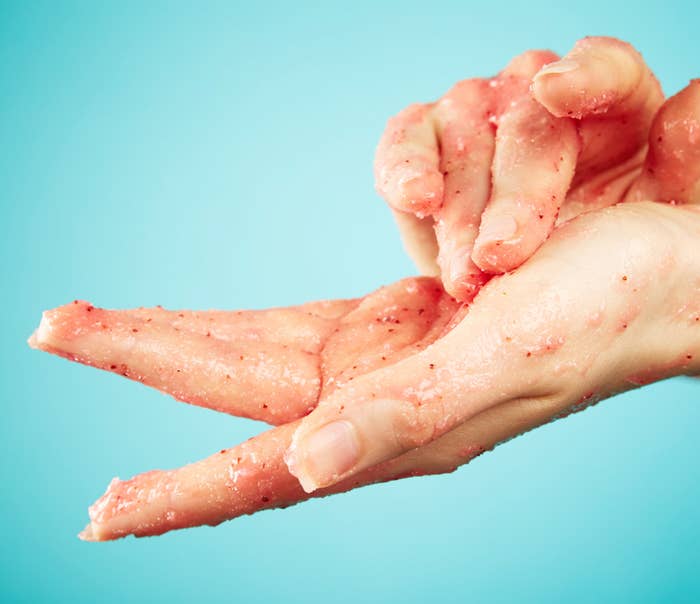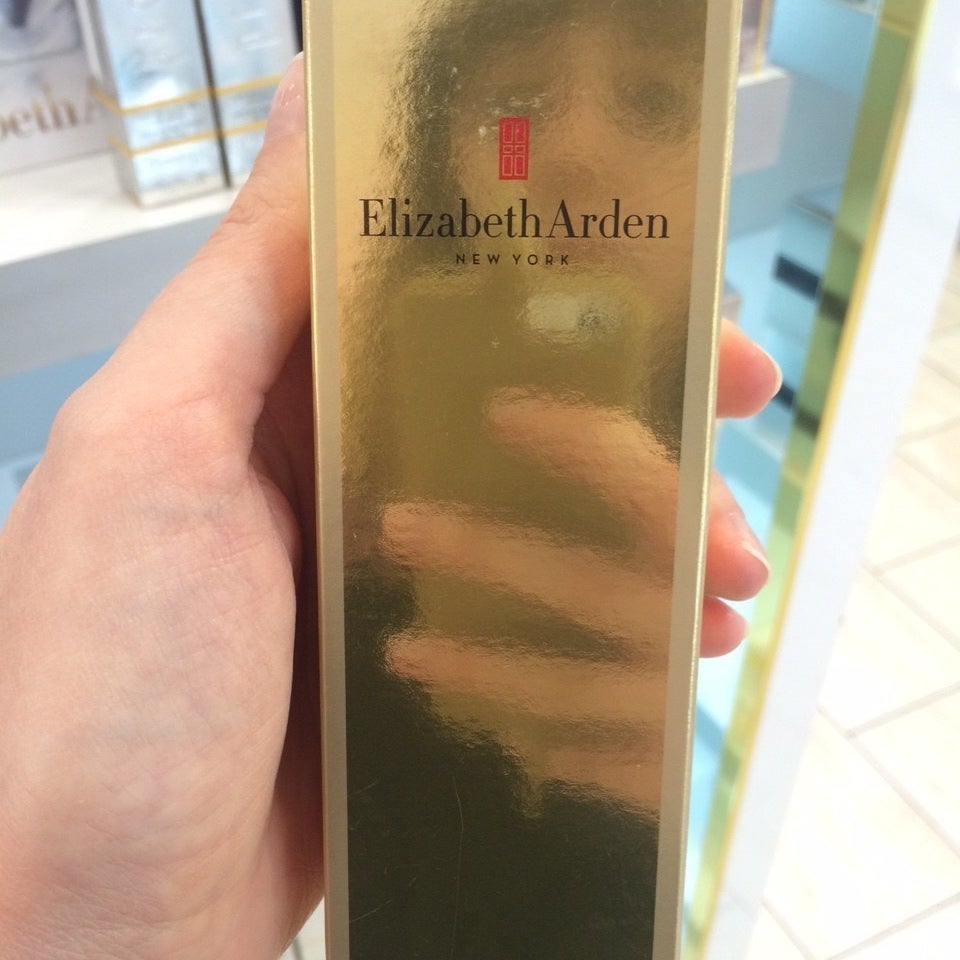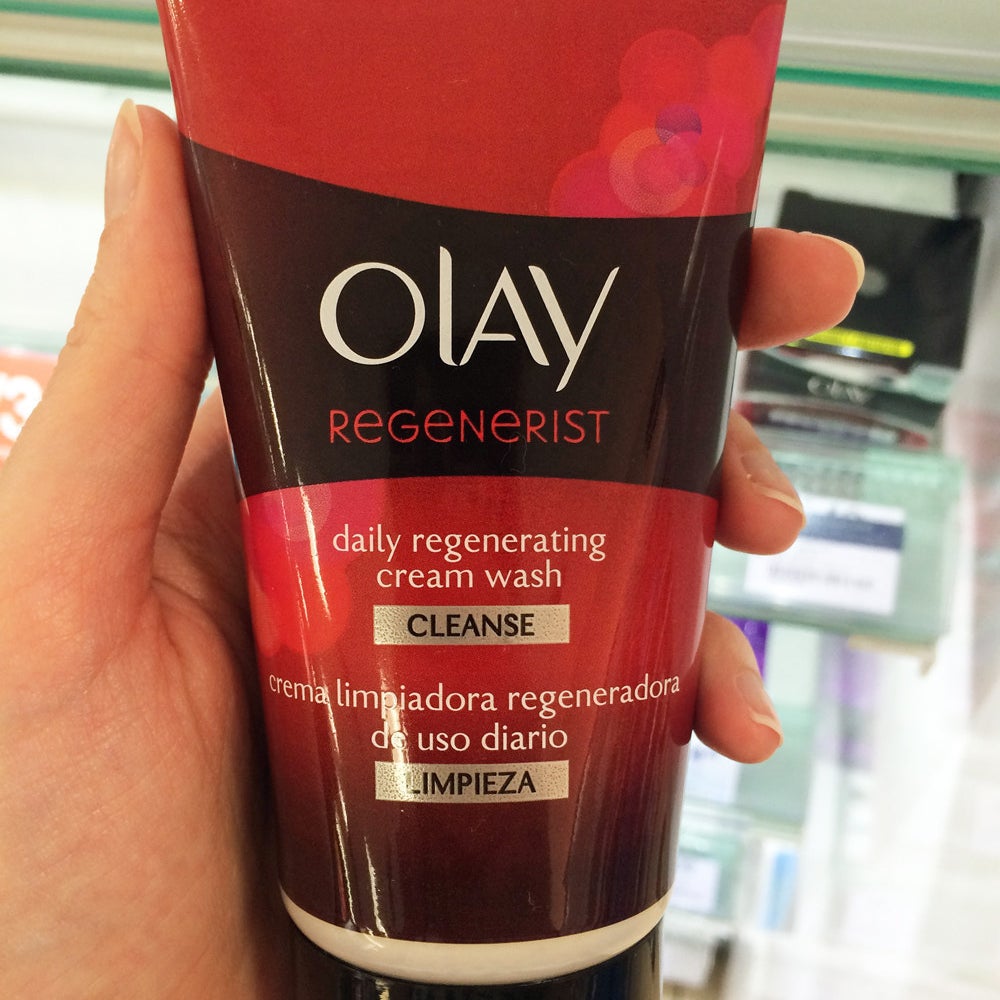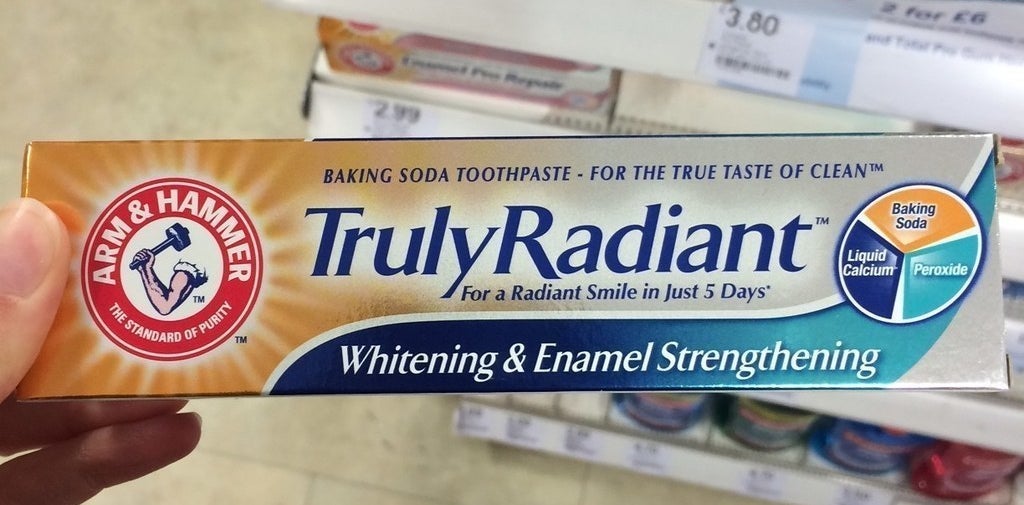You’d be forgiven for not realising, but tiny pieces of plastic are used in some cosmetics and personal care products.

But they're bad news for the environment.
"They're literally designed to be washed down the drain, but they're so small it's hard to pick them out of the sewage system," Erik Van Sebille, an oceanographer at Imperial College London told BuzzFeed News. So they end up in our oceans and waterways.
"They're so small you can't even really see them in the water anymore, but those are the plastics that do the most harm to marine animals," says Van Sebille. "At some point, I think that in a few years we'll look back and think, What were we even doing putting plastics in cosmetics?!"
They've been banned in the US but are still in use in some products across the UK and Europe.
There's talk of banning them in the UK too.
Earlier this year the environmental audit committee launched an inquiry into the environmental impact of microplastics, and in June environment minister George Eustice said the UK "fully backs" a microbead ban and would try to push one through the EU.
Following the EU referendum, a DEFRA spokesperson confirmed to BuzzFeed News that the UK will continue to support international action to ban the use of microbeads.
So what would a ban do to your beauty routine? We went shopping to find out which products on sale right now still use microbeads. Here's what we found.
All of these products listed polyethelene or another plastic commonly used in microbeads on their ingredient list.
Skincare:


Clean & Clear's Blackhead Clearing Daily Scrub and Advantage Clear & Sooth Daily Scrub both contain polyethylene and mention "exfoliating beads" on their packaging.
Johnson & Johnson told BuzzFeed News in a statement: "The Johnson & Johnson Family of Consumer Companies was one of the first companies to commit to removing polyethylene microbeads from its cosmetic and personal care products globally. Our goal is to remove microbeads from our products globally by the end of 2017. Some Clean & Clear products marketed in the UK have already been reformulated and no longer contain microbeads."


Elizabeth Arden Ceramide Line Smoothing Exfoliator contains polyethylene.
BuzzFeed News reached out to Elizabeth Arden but has not received a response.


Clearasil Daily Clear Hydra-blast Facial Scrub and Daily Clear Vitamins & Extracts Scrub both contain polyethylene.
RB, the company that owns Clearasil, told BuzzFeed News in a statement: "RB has a strong history of environmental performance and the protection and preservation of the environment is our top priority. RB has very few products that contain polyethylene plastic beads, but we’ve already begun the phase out of these materials. We have stopped developing new products containing plastic beads and are rolling out a global phase-out in 2016 & 2017, which will be complete by the end of 2018."


Olay Regenerist Daily Regenerating Cream Wash contains oxidised polyethylene.
Procter & Gamble told BuzzFeed News in a statement: "P&G has made the decision to discontinue our limited use of plastic microbeads as scrub materials in personal care products and are actively working to replace them with alternatives. In the meantime we already have plenty of product options available without microbeads for those who would prefer them. Our goal is to completely remove microbeads from these products by 2017."
Toothpaste:


Arm & Hammer Truly Radiant contains polyethylene.
BuzzFeed News reached out to Arm & Hammer but did not receive a response.
Lots of companies have voluntarily stopped using microbeads or are in the process of phasing them out.
Companies starting using plastics instead of natural materials because it's easier to control the size and shape of microbeads, and they tend to have a longer shelf life.
But following increasing public awareness some companies are choosing to switch back to non-plastic abrasives. For example, Unilever says it stopped using microbeads in 2014, and L'Oreal has said it will "no longer use microbeads of polyethylene in [their] scrubs by 2017".
"Some of the bigger-name brands have decided it's just not worth the PR risk," says Van Sebille. "There are less and less microbeads on the shelves, just because we're talking about it. It's thanks to the power of the people and the power of the internet."
To find out if your favourite product uses microbeads, you'll need to read the label carefully. Look out for polyethylene (PE), polypropylene (PP), polyethylene terephthalate (PET), polymethyl methacrylate (PMMA), polytetrafluoroethylene (PTFE), and nylon – all are plastics that are used as microbeads.
